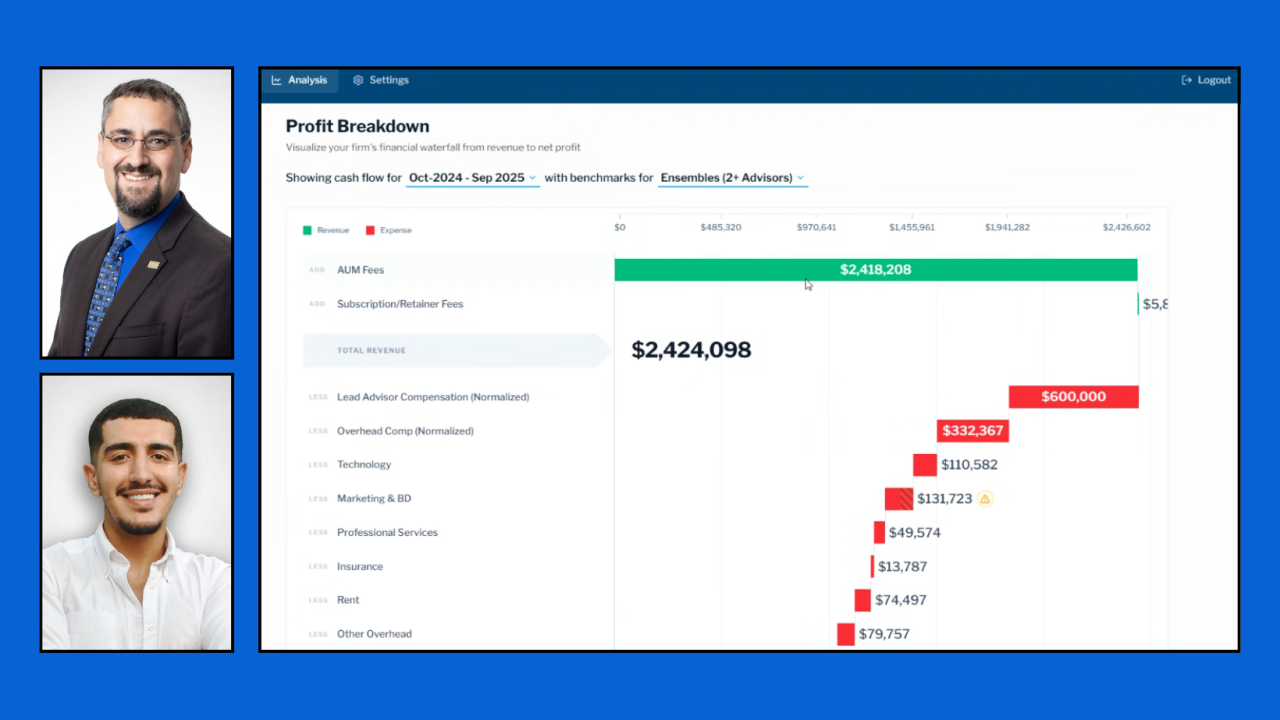A former Wells Fargo advisor and opioid addict was ousted from the industry for fooling the bank into reimbursing him for $3,400 after he falsely claimed that he was the victim of fraud, according to FINRA’s recent hearing panel decision.
John Anthony Vedovino used his Wells Fargo debit and credit cards 19 times over a six-month period in 2015 to withdraw cash and make sundry purchases, transactions that he later claimed were fraudulent, the FINRA panel found.

As a result of his false claims, the bank reimbursed him for 18 of the transactions, crediting a total of approximately $3,400 to his account.
During the hearing, Vedovino attributed his misconduct to his opioid addiction. He said that he became addicted to drugs in 2014 and was in the throes of serious opioid drug abuse during the months he made the false reimbursement claims.
Vedovino testified that he made the ATM withdrawals for the sole purpose of buying drugs. “I would stop at the same exact location every single time ... and I would just pull $300 out so I could get 10 pills,” he said, explaining the supply was enough for a day or two. “I would just keep making the same trip repetitively, day in, day out.”
Vedovino’s personal troubles were compounded by the death of a close friend by drug overdose, the end of a long-term romantic relationship and the death of his grandmother, tragedies that occurred prior to or during the period of his misconduct, he said.
-
What — if anything — should an advisor do if a client is abusing illicit substances?
November 13 -
The first U.S.-listed marijuana ETF already has inflows of $386 million this year.
March 1
Vedovino also argued that a bar would be a “draconian” measure, saying that his misconduct was a youthful indiscretion committed when he was 25 and that he inflicted no harm to customers or Wells Fargo Advisors. In addition, he had no disciplinary history and was paying restitution to the bank.
The FINRA panel balked at the arguments. While it “was not without sympathy for the emotional stresses” he suffered, his personal issues did not mitigate his misconduct in any way, it said.
The panel disagreed that a bar was excessive, noting that his conversions resulted in monetary loss to Wells Fargo Advisors’ affiliated bank. It also pointed out that while he promised to make full restitution to the bank in November 2015, it was not until almost two years later that he made an initial partial payment. At the time of the hearing, he had paid only $300 in restitution, FINRA said.
“Taken together, in Enforcement’s view, the factors Vedovino claims as mitigating do not outweigh the substantial aggravating factors in this case,” the panel wrote in its decision.
Vedovino’s attorney, Albert Cifelli of law firm Cifelli & Davie, did not return a voice message seeking comment on the panel’s decision.
FINRA also scolded Vedovino for failing to give on-the-record testimony and providing the regulator with documents it requested. Vedovino alleged that his parents shielded him from the regulator’s requests while he was seeking treatment in a drug rehabilitation program, testimony that the panel found confusing, inconsistent and contradictory.
Vedovino worked for Wells Fargo Advisors in Wayne, New Jersey, from May 2014 to December 2015, when he was discharged over the false fraud claims, according to his BrokerCheck report.
“At Wells Fargo we hold our advisors to the highest ethical standards,” Shea Leordeanu, a Wells Fargo spokesperson, said in a statement.
Vedovino has 45 days to appeal the panel’s decision. If he does not appeal, the bar takes effect immediately, FINRA said.





